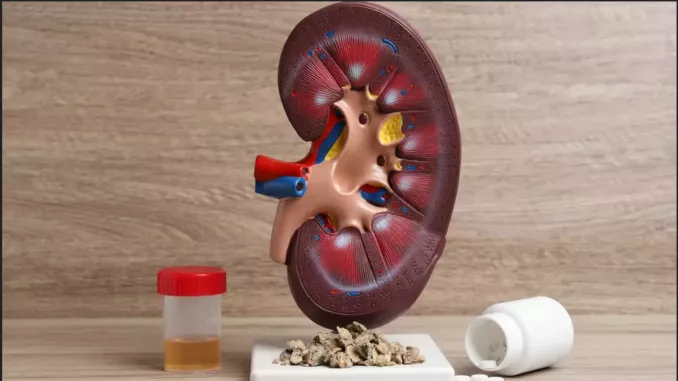
Ever wondered what a Vitamin A deficiency looked like? You'll find all the tips you need here.
When it comes to health and optimal body performance, Vitamin A plays a huge role. This fat-soluble vitamin is vital for many bodily functions, including vision, immune system, reproduction, and metabolism. It also aids the proper functioning of the heart, lung, kidney and brain.
But its role doesn't end there-vitamin A also has antioxidant properties, which protect cells from free radical damage.
It is recommended that adult women consume around 700 micrograms (mcg) of vitamin A daily. On the other hand, 900 micrograms (mcg) is the recommended daily consumption for men.
So how do you know you have a Vitamin A deficiency? Here are a few signs to let you know you need to up your Vitamin A intake.
Dry Eyes:
Dry eyes or the inability to produce tears is often one of the first signs of a Vitamin A deficiency. Bitot's spots; white foamy lesions on the cornea cause dry eyes and, in extreme cases, can lead to complete blindness or dying corneas.
Another eye-related symptom of a vitamin A deficiency is night blindness. Vitamin A forms a major part of rhodopsin, a protein that absorbs light in the retina, a lack of which can cause night blindness.
Dry Skin:
Dry skin is another sign of a Vitamin A deficiency. Vitamin A plays a significant role in the creation and repair of skin cells. It also features anti-inflammation properties that help treat dry skin, eczema, and other skin issues.
Retinol, a major ingredient in most skincare products, which helps reduce wrinkles and improve skin texture, is derived from vitamin A. Hence, vitamin A deficiency may be responsible for eczema and several skin problems.
Throat and Chest Infections:
Frequent throat and chest infections may also be signs of a vitamin A deficiency. The anti-inflammatory properties of Vitamin A offer a protective effect against invasive pathogens like colds and infections.
As such, when you notice frequent infections, it might be a sign you need some vitamin A. Before reaching for a vitamin A supplement, remember that more research is needed in this area, and supplements may have severe effects if you're not deficient.
Poor wound healing:
Since vitamin A plays a vital role in moderating the body's inflammatory response, the body wouldn't heal properly without it. This is because vitamin A stimulates collagen production, which is an essential component of healthy skin.
Sources Of Vitamin A
Vitamin A can be obtained from different food sources, and there are two types of often found in food:
Preformed Vitamin A (retinol: often found in meat, eggs, fish and dairy products.
Provitamin A: carotenoids in plant foods like red, green, yellow and orange fruits and vegetables are broken down into Vitamin A by the body.
And here is a fun fact:
If someone told you to mention a vegetable that improves eyesight, you will probably mention carrots. Well, did you know that this was actually a propaganda started during the World War II propaganda campaign? History has it that to keep the fact that the British Royal Air Force's new radar technology was helping pilots shoot down German enemy planes at night a secret, the government attributed its success to good ol' carrots. To fuel this, several advertisements were put out, including one that reads, "Carrots keep you healthy and help you see in the blackout." However, research has now shown us that it indeed because they are high in the antioxidants lutein and beta carotene, carrots actually protect your eyes.

















Comments